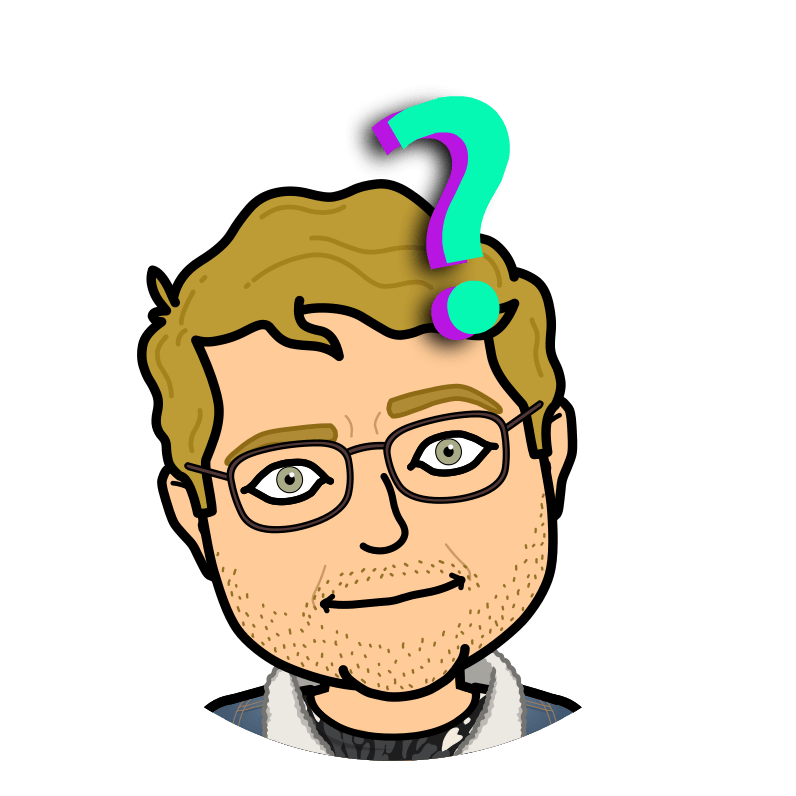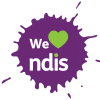
The NDIS we have today and the NDIS we read about in the act sound very different from my experience. The Act outlines the NDIS as a scheme that empowers participants to be in the driver’s seat, not a bureaucrat led tick box exercise that makes life complicated and stressful for people with disabilities.
Whilst the NDIA may have a limited number of circumstances where they “fund” a support, this does not mean that participants cannot use their funds flexibly within budget categories to meet their plan goals. It comes down to how the plan is built, how it is managed and written, whether the participant is Self, Plan or Agency managed, and whether the item is a stated support as to whether a participant can purchase the support.
If you have had any dealings with the NDIS,(National Disability Insurance Scheme) either as a participant or as someone providing support the words reasonable and necessary is thrown around a lot! But what are they in reference to?
The NDIS is an insurance scheme funded by all Australians to support people that gain or are born with a significant disability to live an ordinary life. Each person that receives funding from the NDIS is often called a participant. Sounds like something out of the hunger games hey? Unfortunately, if the NDIS is involved the odds are not always in your favour
When someone becomes a participant, and when a plan is due to expire the NDIA considers evidence and a person’s disability to grant funding towards the goals they provide to the NDIS.
The NDIS is governed by the NDIS Act 2013 and the NDIS Rules. It is the legal guidelines that govern how the NDIA (National Disability Insurance Agency) works. It is the cornerstone of the scheme and despite how many planners and LAC’s jump up and down, it trumps operational guidelines, random screengrabs of the NDIS website and most information that comes from the NDIS call centre.
If someone disagrees with a decision made by the NDIA delegate (planner)and the NDIA doesn’t fix the problem, the issue can be taken to the Administrative Appeals Tribunal (AAT) where the NDIS Act and the participant rules are the only things that apply.
The term Reasonable and Necessary comes from section 34 of the NDIS act. It outlines the circumstances where the NDIS is responsible for funding a support when a plan is being built.
What is Section 34?
Section 34 of the NDIS Act is the playbook for what the NDIS will and won’t fund.
The NDIS can fund something if it meets the following criteria:
(a) the support will assist the participant to pursue the goals, objectives and aspirations included in the participant’s statement of goals and aspirations;
(b) the support will assist the participant to undertake activities, so as to facilitate the participant’s social and economic participation;
(c) the support represents value for money in that the costs of the support are reasonable, relative to both the benefits achieved and the cost of alternative support;
(d) the support will be, or is likely to be, effective and beneficial for the participant, having regard to current good practice;
(e) the funding or provision of the support takes account of what it is reasonable to expect families, carers, informal networks and the community to provide;
(f) the support is most appropriately funded or provided through the National Disability Insurance Scheme, and is not more appropriately funded or provided through other general systems of service delivery or support services offered by a person, agency or body, or systems of service delivery or support services offered:
(i) as part of a universal service obligation; or
(ii) in accordance with reasonable adjustments required under a law dealing with discrimination on the basis of disability;
(g) the support is not prescribed by the National Disability Insurance Scheme rules as a support that will not be funded or provided under the National Disability Insurance Scheme;
(h) the funding of the support complies with the methods or criteria (if any) prescribed by the National Disability Insurance Scheme rules for deciding the reasonable and necessary supports that will be funded under the National Disability Insurance Scheme.
Section 34 NDIS ACT 2013 Tweet
Once a planner/ delegate determines what is reasonable and necessary and has settled on a dollar amount the funds are added to the relevant support categories. They then write a schedule of supports next to each funded support. This is to guide how the funding is spent. The more general the supports are described, the more flexibility you have to purchase other items or services within that support category. If a line item or support is specified or “stated” it means that that item has to be purchased with no to little flexibility. If it says “stated, quote required”, the NDIA expects a quote and usually a report outlining the purchase request. Once received, if approved, they can generate a new plan with the funds added.
To make it clear, there is a difference between support being funded and support being able to be purchased.
Once a schedule of supports has been published S39 of the NDIS Act 2013 outlines that the NDIA is obliged to follow the wording describing the supports in the plan when paying for supports. This is why plan managers and some providers may ask for a copy of part or all of your plan.
How do I know what I can buy with my plan?
The description in the section next to each funded support can give you an outline of what that funding can be spent on. If it fits and it meets your goals written in the plan you can move to the next stage.
Note: If the NDIS specifies a support. The funding has to be spent on that support. Though there is some flexibility in the Core budget, where funding can be moved between support categories.
Part 5 General criteria for supports, and supports that will not be funded or provided
5.1 A support will not be provided or funded under the NDIS if:
(a) it is likely to cause harm to the participant or pose a risk to others; or
(b) it is not related to the participant’s disability; or
(c) it duplicates other supports delivered under alternative funding through the NDIS; or
(d) it relates to day-to-day living costs (for example, rent, groceries and utility fees) that are not attributable to a participant’s disability support needs.
5.2 The day-to-day living costs referred to in paragraph 5.1(d) do not include the following (which may be funded under the NDIS if they relate to reasonable and necessary supports):
(a) additional living costs that are incurred by a participant solely and directly as a result of their disability support needs;
(b) costs that are ancillary to another support that is funded or provided under the participant’s plan, and which the participant would not otherwise incur.
Supports that will not be funded or provided
5.3 The following supports will not be provided or funded under the NDIS:
(a) a support the provision of which would be contrary to:
(i) a law of the Commonwealth; or
(ii) a law of the State or Territory in which the support would be provided;
- If a part of a participant’s plan is Agency managed, they can only spend that amount with Registered NDIS providers.
- If funding is Plan managed, a plan manager (bookkeeper) looks after the funding and pays for services on the participants behalf. Plan managed funding can be spent with any business that has an ABN.
- Plan managed and Agency managed funding has to follow the line items and price limits outlined in the NDIS Pricing Arrangements and Price Limits
- Self managed participants do not have to follow the price guide, only the self-management guide. They have no price limits, do not use line items and can use the services of anyone with an ABN.


